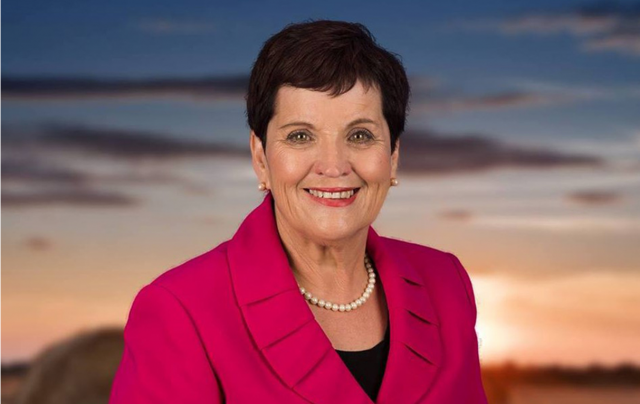September’s rate cap announcement by the Independent Pricing and Regulatory Tribunal (IPART) is further proof of how the rating methodology is fundamentally broken, according to Local Government NSW.
IPART has set the rate cap for 2023/24 at a baseline of 3.7 per cent, despite inflation currently sitting at 6.1 per cent and expected to rise over the coming months.
LGNSW president Darriea Turley said the announcement by IPART underlined the critical need for changes to the rating methodology as well as broader reforms that would see the abolition of rate capping, which LGNSW has been calling for over a number of years.
IPART announced in August it would review the rate cap methodology – a move welcomed by LGNSW.
“The review of the rate cap methodology cannot come soon enough, as the current system is not fit for purpose. Not only is it incapable of pre-empting or reacting to a rapidly changing economic landscape, it is formulated using two year old data,” Cr Turley said.
A major defect of the rate cap methodology is that the rate cap is a lagged measure.
The rate cap for 2023/24 is based on the change in the average costs incurred by a typical council between the 2020/21 and 2021/22 financial year, which were years when most councils were living with restrictions brought about by the COVID-19 pandemic.
“This two-year lag means that the rate cap does not reflect the real cost movements faced by councils in the year to which it applies,” Cr Turley added.
“With inflation spiralling out of control, a number of councils are preparing for double digit rate cap variations. A 3.7 per cent rate cap in these current economic conditions will mean many councils will continue reducing services, delaying essential upgrades to infrastructure and even reducing staffing levels.”
Cr Turley said IPART’s determination would heap more pressure on councils already struggling to recover from years of droughts, bushfires, floods, the COVID-19 pandemic, skills shortages, rising costs and several other challenges.
“This is another body blow for the local government sector that was still reeling from IPART’s decision to set the lowest baseline rate cap in 20 years, when it announced a 0.7 per cent increase for the current financial year,” Cr Turley said.
“Councils work hard to keep rates as low as possible, but are also required to deliver services and infrastructure that their communities expect and deserve.
“This is simply not possible with a rate cap that does not reflect the economic reality. Not only does this rate cap fall short of real cost increases that will be experienced by councils in 2023/24, it will also fall short of the anticipated local government award wage increases.”

















